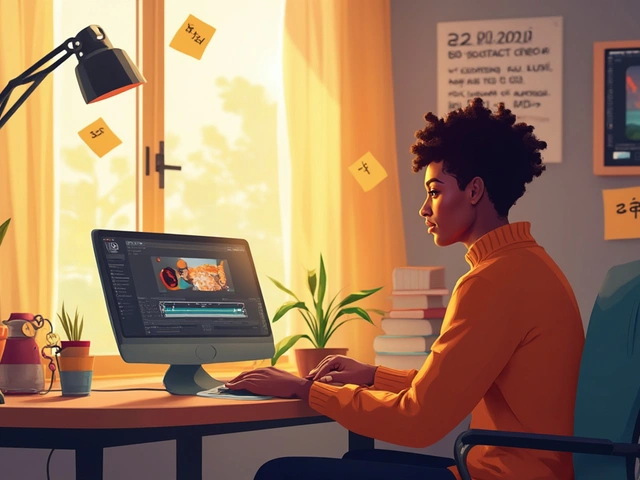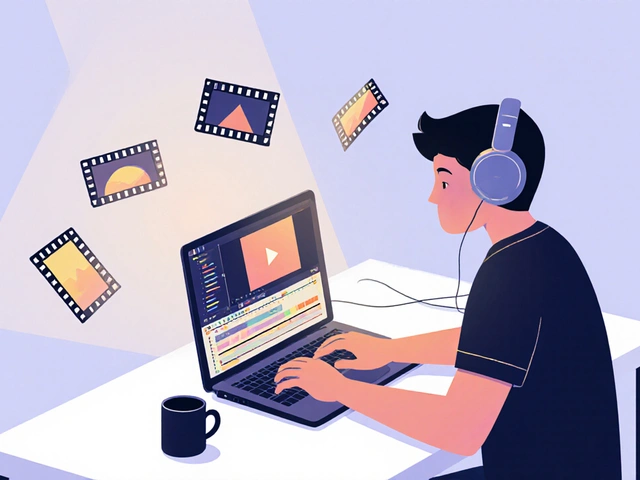Film Criticism: Understanding How Movies Are Analyzed and Why It Matters
When you read a movie review, you're not just getting an opinion—you're seeing the work of film criticism, the practice of analyzing films to understand their meaning, technique, and cultural impact. Also known as cinematic analysis, it’s how we move past "I liked it" or "I hated it" to ask why a scene stuck with us, how the lighting shaped our mood, or why a character felt real. This isn’t academic jargon—it’s what happens when you notice how the camera lingers on a silent face in Rashomon, or why the soundtrack in The Graduate made you feel more alone than the script ever said.
Film criticism relies on a few key tools. film theory, the framework of ideas that explain how movies communicate meaning helps us decode things like editing rhythms, framing choices, or how a director uses color to signal emotion. Then there’s movie review, the public-facing form of criticism that guides viewers to what’s worth watching. These aren’t just ratings—they’re arguments. When a critic calls 8½ a masterpiece of creative panic, or says Groundhog Day is a quiet revolution disguised as a comedy, they’re using evidence: shot choices, dialogue patterns, performance timing. Even the unreliable narrator in Rashomon isn’t just a plot twist—it’s a lesson in how film criticism teaches us to question truth itself.
What you’ll find in these posts isn’t a list of top 10s. It’s a look at how critics and audiences wrestle with meaning. You’ll see how Darren Aronofsky uses obsession as a visual language, how Aaron Sorkin turns dialogue into character surgery, and why the box office recovery after the pandemic told us more about what people needed from movies than any survey ever could. This isn’t about who scored highest on Rotten Tomatoes. It’s about why a film like The Graduate still feels like it was made yesterday, or how Demon Slayer became a global event because fans didn’t just watch—it felt like they were part of the story. These posts show you how to watch deeper, think sharper, and understand why some films stick with you long after the credits roll.
18
The Gaze Revisited: How Film Theory Evolved from Mulvey to Intersectional Critique
How film theory evolved from Laura Mulvey’s male gaze to today’s intersectional perspectives, revealing how race, class, and identity reshape who gets to be seen-and how.
Latest Posts
Popular Posts
-
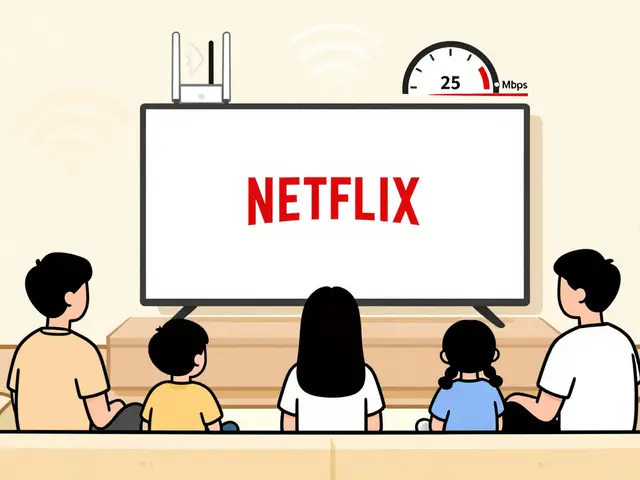 Netflix Recommended Internet Speeds: Official Requirements Explained
Netflix Recommended Internet Speeds: Official Requirements Explained
-
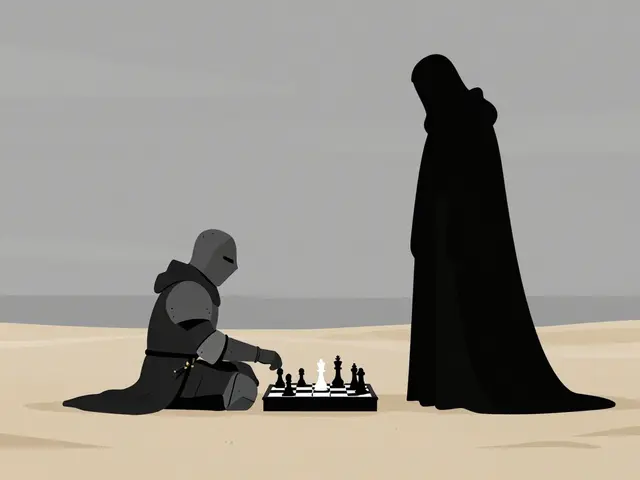 The Seventh Seal Explained: Ingmar Bergman’s Medieval Meditation on Death
The Seventh Seal Explained: Ingmar Bergman’s Medieval Meditation on Death
-
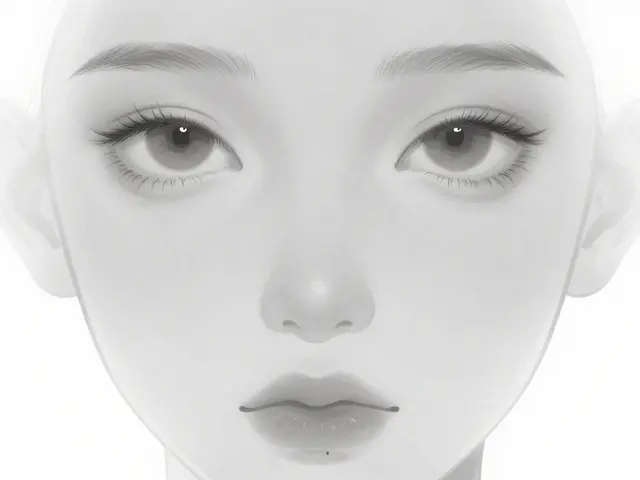 Close-Up Camera Shots Tutorial: Connecting Audiences to Characters
Close-Up Camera Shots Tutorial: Connecting Audiences to Characters
-
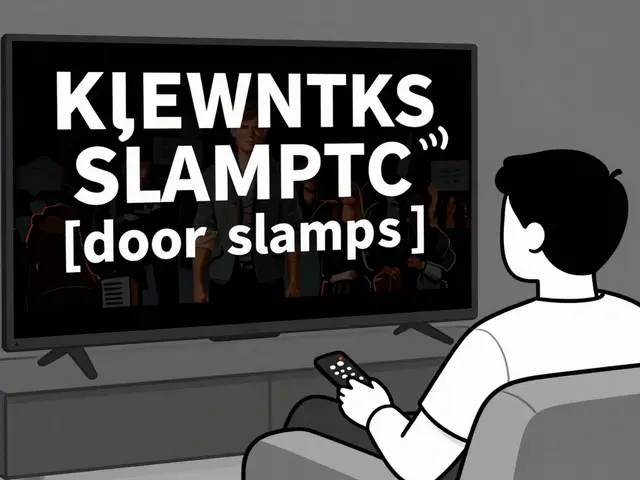 Accessibility Settings for Streaming: Captions, Audio Descriptions, and Remotes
Accessibility Settings for Streaming: Captions, Audio Descriptions, and Remotes
-
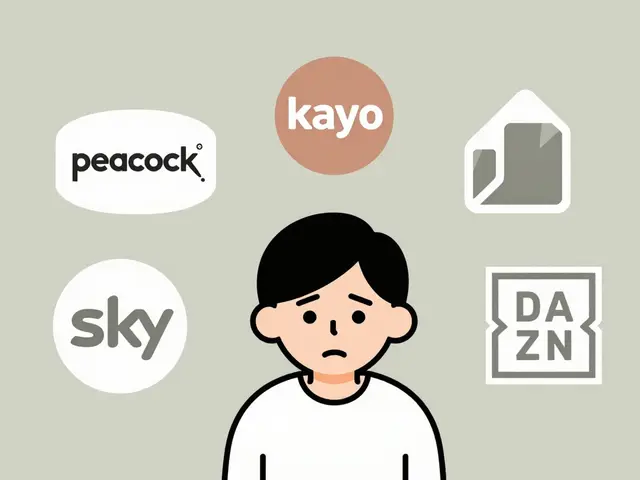 MotoGP and IndyCar Streaming Options in 2026: Where to Watch Live Races
MotoGP and IndyCar Streaming Options in 2026: Where to Watch Live Races
Categories
Tags
- streaming services
- video editing
- video production
- parental controls
- Max streaming
- video editing software
- marketing mix
- subscription management
- streaming apps
- video editing tips
- tips
- ROI
- video marketing
- video editing tools
- marketing strategy
- Premiere Pro
- family viewing
- classic cinema
- Kurosawa
- streaming setup

